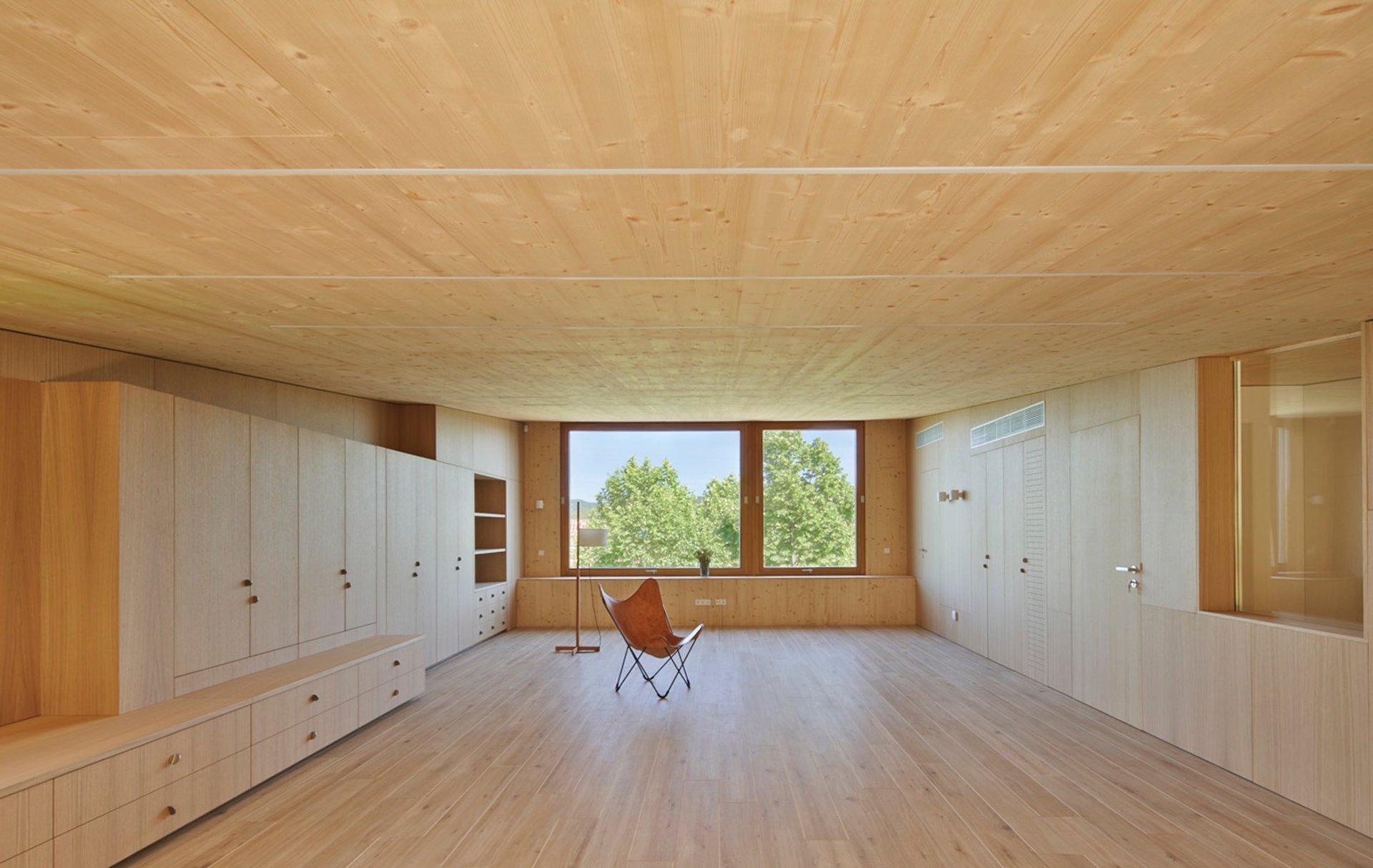
SERVICES
Our
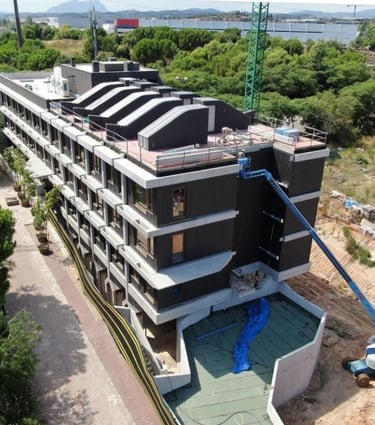

Project Management
We offer specialized services in project management focused on environmental sustainability, health, comfort, and well-being. Our methodology is based on incorporating sustainable criteria, strategies, and solutions from the very beginning of the project, with the goal of achieving very low levels of environmental impact.
Significant reduction of pollutant emissions.
Efficient use of materials and energy.
Responsible management of water consumption.
Minimization of waste generated throughout the building’s entire lifecycle.
Our approach not only minimizes immediate environmental impacts but also creates spaces that maintain lower operational costs—economic, environmental, and social—over the long term. In doing so, they actively contribute to the users’ well-being and comfort, even exceeding current regulatory requirements.
Another key aspect of our management strategy is the prioritization of health, comfort, and well-being as fundamental pillars of the project. This results in healthy, non-toxic environments through:
Elimination of toxic construction materials.
Advanced ventilation and climate control systems to ensure clean air.
Thoughtful design that optimizes factors such as natural light, temperature, humidity, and acoustics.
Focus on ergonomics, adaptability, accessibility, safety, and mobility.
Finally, Haus Healthy Buildings clearly expresses its mission: to help improve quality of life through built environments that have a positive impact on people’s physical and emotional health. This holistic vision also aims to strengthen the local social and economic fabric, positioning its clients as leaders in responsible and sustainable innovation.
HAUS adopts sustainable principles throughout all phases of the project—from the initial design to execution and the building’s subsequent lifecycle. This involves:
BUILDING RESEARCH ESTABLISHMENT ENVIRONMENTAL ASSESSMENT METHODOLOGY
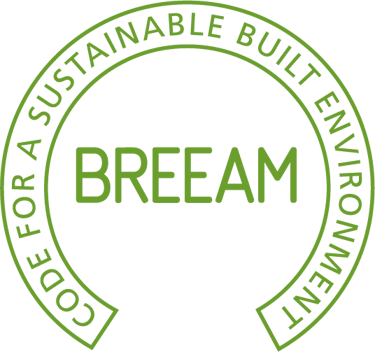

An international system that evaluates the comprehensive sustainability of a building from design to operation. It considers environmental, social, and economic factors, promoting the reduction of environmental impact and continuous improvement of sustainable performance.
Sustainability Certifications
At Haus Healthy Buildings, we offer specialized consulting and certification services for sustainable, healthy, and energy-efficient buildings. Our goal is to deliver real value to projects by integrating environmental, economic, and social criteria from the outset, ensuring comfort, well-being, and long-term operational cost reduction. Through internationally recognized certifications, we help our clients position themselves as leaders in responsible innovation and sustainability.
Certifications We Offer:
LEADERSHIP IN ENERGY & ENVIRONMENTAL DESIGN
A widely recognized U.S. certification that promotes sustainable buildings through a points-based system. It evaluates aspects such as energy efficiency, water management, indoor environmental quality, and materials used.
DEUTSCHE GESELLSCHAFT FUR NACHHALTIGES BAUEN
A German certification that assesses sustainability from a holistic perspective: environmental, economic, and social. It evaluates technical quality, building lifecycle, indoor comfort, and biodiversity.
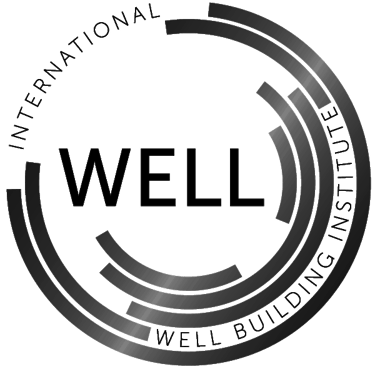

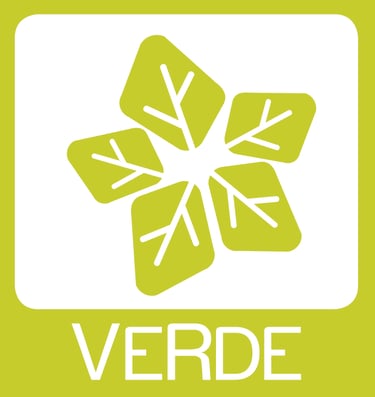

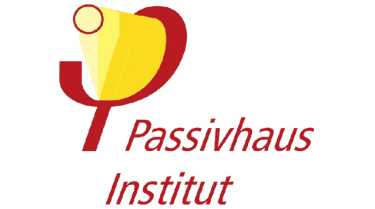

INTERNATIONAL WELL BUILDING INSTITUTE
A certification specifically focused on human health and well-being within the built environment. It evaluates factors such as air quality, natural lighting, thermal and acoustic comfort. Its goal is to optimize spaces to enhance the physical and mental health of occupants
GREEN BUILDING COUNCIL ESPAÑA
A Spanish certification that assesses the environmental, economic, and social impact of buildings. It considers aspects such as interior space quality, energy efficiency, and responsible use of natural resources.
PASSIVHAUS INSTITUT
An international standard that ensures buildings with very low energy consumption. It focuses on excellent thermal insulation, airtightness, and efficient ventilation. It provides consistent thermal comfort year-round with minimal use of heating or cooling.
OTRAS CERTIFICACIONES:
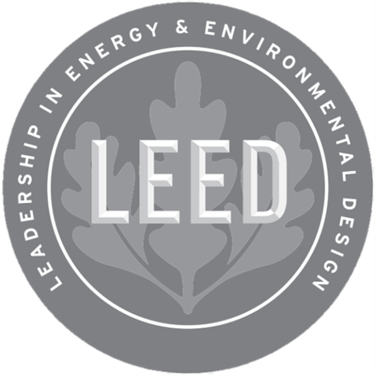



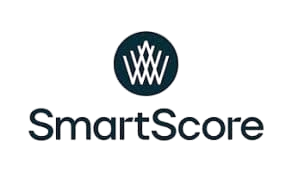

It measures the level of technological and functional implementation in a building—that is, how technology is used to enhance user experience, operational efficiency, and sustainability. It is aimed at office buildings and commercial spaces seeking to offer advanced digital services, flexibility, and real-time data.
It evaluates a building’s digital connectivity, focusing on the quality of its telecommunications infrastructure, network resilience, and ease of access for service providers. It enables developers and owners to demonstrate that their buildings are prepared and up-to-date in terms of connectivity.
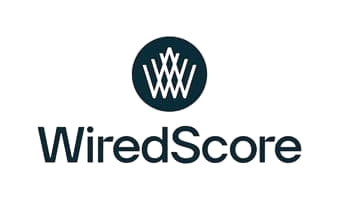

Regulatory Compliance
Compliance reports for Regulation 852/2020 Taxonomy
Compliance report for the Corporate Sustainability Due Diligence Directive, known as the CS3D


Our company offers a comprehensive advisory service on regulatory compliance, helping our clients successfully navigate the complex regulatory challenges affecting the construction and architecture sectors. We understand that technical, environmental, urban planning, and safety regulations are constantly evolving, so we provide personalized support throughout all project phases, from initial planning to final execution.
Our expert team identifies applicable regulations based on each project type and specific location, conducting internal audits and preventive controls to ensure compliance with the Technical Building Code (CTE), regional and municipal regulations, as well as current European standards. Additionally, we implement advanced technological solutions such as BIM tools and automated systems that enable early detection of potential non-compliance during the design stages, thereby avoiding costly delays and administrative penalties.
With our proactive and rigorous approach, we not only ensure regulatory compliance but also add value by optimizing internal processes, reducing operational risks, and increasing the economic and environmental efficiency of each project. Our commitment is to provide peace of mind to our clients through reliable advice that protects their investment and reputation.
Our company offers specialized consulting and advisory services aimed at integrating health and well-being criteria into architectural and urban planning projects.
From the initial design phase to operational management, solutions are implemented to reduce emissions, optimize the use of materials and energy, efficiently manage water, and minimize waste. Additionally, priority is given to creating healthy spaces through control of indoor air quality, adequate natural lighting, thermal and acoustic comfort, as well as ergonomics.
This comprehensive approach not only ensures regulatory compliance but also adds value by reducing operational costs and significantly improving the quality of life and well-being of the people who live in or use these spaces.
Consulting in Health, Comfort, and
Well-being
Life Cycle Analysis (LCA)
Life Cycle Cost Analysis (LCC)
Building Passport
Consulting in Sustainability
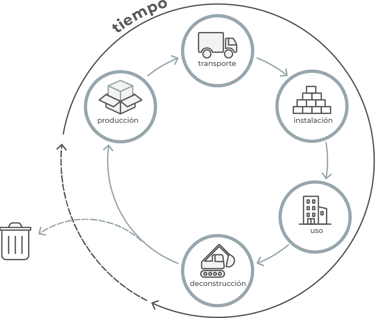

Analysis of the variables of:
Thermal Comfort
Acoustic Comfort
Lighting Comfort
Air Quality
Water Quality










Biodiversity and Environmental Management




Life Cycle Analysis (LCA) is a key methodology for measuring the environmental impact of a building. It allows for identifying and quantifying the inputs and outputs of materials and energy of a product or service throughout its entire lifecycle. This includes raw material extraction, manufacturing, use and maintenance, as well as waste management and final disposal or recycling.
At HAUS, we conduct LCA studies applied to building projects to evaluate the environmental impact associated with materials, construction processes, and the building’s usage phase. This information is essential for sustainable design, comparing technical solutions, and ensuring compliance with environmental regulations and standards such as the European Taxonomy and certifications like LEED, BREEAM, DGNB, and VERDE.
The Building Passport is a tool that allows for detailed identification and documentation of a building’s technical aspects, explained through specific studies and analyses of each of its components. This document contains relevant information about the health of the materials used, associated environmental impacts, and the potential for recycling and reuse of construction elements.
At HAUS, we offer this service as part of our commitment to circular architecture. The building passport becomes a technical and educational foundation that helps understand how key concepts such as design for deconstruction, recyclability, and the use of construction systems are applied. Additionally, it provides a clear and structured overview that facilitates building management throughout its entire lifecycle.
We aim to maximize our impact on areas dedicated to plant and animal life, thereby improving air quality, noise absorption, and promoting sustainable pollination.
Life Cycle Costing (LCC) allows for calculating the total cost of a building throughout its entire lifecycle, breaking down each component: structure, envelope, installations, finishes, maintenance, energy, and final management. At HAUS, we carry out this analysis to identify which components have the greatest economic impact and to help optimize decisions from the design phase, promoting more efficient and sustainable solutions in the long term.
Circular Economy
The circular economy is a model aimed at reducing waste and optimizing resource use by promoting reuse, recycling, and material recovery. This involves designing buildings with consideration for their disassembly, material traceability, and the lifespan of each component. At HAUS, we assess the circularity level of buildings and their environmental impact using tools such as the Building Circularity Tool, Life Cycle Analysis (LCA), and the Building Passport. We analyze aspects like recyclability, reuse potential, resource consumption, and CO₂ emissions throughout the building’s entire lifecycle.
Audits of the Built Environment
At HAUS, we offer specialized audit services for the built environment, designed to evaluate and optimize the performance of existing assets in terms of sustainability, health, and regulatory compliance..
These audits allow us to assess the current state of buildings and determine their alignment with standards such as the European Taxonomy, ESG (Environmental, Social, and Governance) criteria, and emerging energy regulations like the Minimum Energy Performance Standards (MEPS).
Our approach includes asset evaluation to identify opportunities for improvement in energy efficiency, environmental comfort, and emissions reduction, as well as preparation for relevant certifications that can enhance property value. In addition, we provide detailed reports that serve as a foundation for planning strategic interventions with clearly defined costs, helping our clients transform their assets into healthier and more sustainable spaces.
Through these audits, we ensure that each project meets current regulatory requirements while generating added value for both property owners and users.
HAUS offers training programs designed to equip professionals with the skills to implement health and sustainability criteria in construction projects. The sessions combine theory and practice, tailored to the specific needs of each sector.
Training in Health and Sustainability
Some of our training programs include:
Training for design teams and planners on health and sustainability criteria.
Certification programs for HVAC, electrical, water, and sanitation installers in sustainable practices.
Specialized courses for facade, insulation, and cladding installers.
Training for sales teams focused on communicating the added value of sustainable projects.
A hands-on, tailored approach that encourages the effective implementation of healthy and sustainable solutions at every stage of the project.


